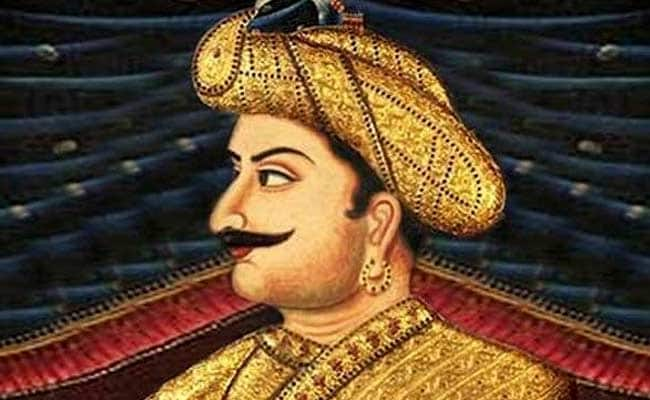New Delhi – The National Council of Educational Research and Training (NCERT) has removed prominent Muslim historical figures, including Tipu Sultan, his father Hyder Ali, Raziya Sultan, and Nur Jahan, from the Class 8 history syllabus. The change comes as part of the National Education Policy (NEP) 2020 and the National Curriculum Framework for School Education (NCF-SE) 2023 revisions, reported the Maha Media.
Minister of State for Education Jayant Chaudhary confirmed that the new Social Sciences Part 1 textbook no longer includes the 18th-century Mysore ruler Tipu Sultan and Hyder Ali, both known for their fierce resistance against British colonial forces in the Anglo-Mysore wars. Mentions of Delhi Sultanate’s Raziya Sultana and Mughal Empress Nur Jahan have also been omitted.
These figures have long been celebrated for their courage and political acumen. Tipu Sultan and Hyder Ali played a pivotal role in resisting British expansion, while Raziya Sultana and Nur Jahan remain iconic female leaders in India’s history. Their complete exclusion has sparked concerns among historians, educators, and politicians. Raising the issue in Parliament on August 6, MP Ritabrata Banerjee questioned the rationale behind the move.
A government official defended the decision, stating, “This was done to make the content appropriate for students.” The revised syllabus now highlights other figures such as Rani Durgavati, Ahilyabai Holkar, and Rani Abbakka.
According to the Education Ministry, the updated curriculum aims to present a “broader overview of civilisations” rather than detailed biographies. The Class 8 history textbook is now divided into four themes: India and the World: Land and the People, Tapestry of the Past, Governance and Democracy, and Economic Life Around Us. The NCERT claims the changes are designed to promote experiential learning, fieldwork, and understanding history through evidence.
However, activists and academics have criticised the revision, calling it part of a systematic attempt to erase Muslim contributions from history textbooks taught to various age groups.




